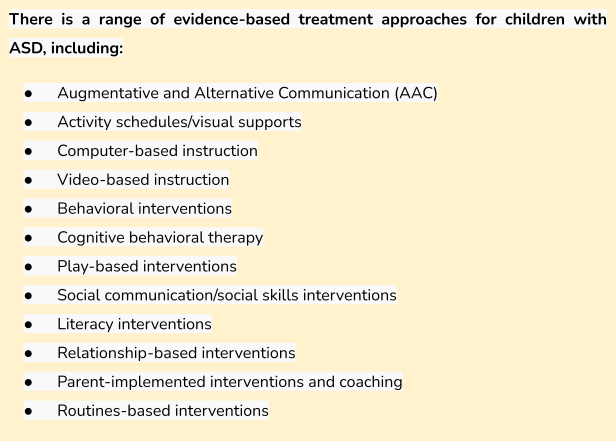Speech therapy can treat a broad range of speech and language delays and disorders in children and adults. With early intervention, speech therapy can enhance different communication styles.
Autism Spectrum Disorder is diagnosed usually in early childhood when communication skills are developing. This disorder has significant influence and makes it difficult for children to communicate to varying degrees as some children may have limited speaking abilities and some may not be able to speak at all. On the contrary other children might be able to talk only about particular objects and subjects meticulously.
In children with Autism, speech therapy can assist in improving non-verbal skills, in refining their spoken language and learning to use various communication methods. SLPs, also known as Speech Language Pathologists, are capable of training parents as well in different approaches that would help them in improving their child's interaction and communication, which all are tailored according to the child's needs, abilities, their family needs and social context.
Since each autistic child has distinctive development, and thus the age when they produce their first words differs, it is very important to note that generally children with autism hit different language milestones in verbal communication as compared to children with typical development (Otsimo, 2017). While the delay comes around 36 months for children with autism and the typical developing children often find their verbal communication between 12 to 18 months.
The distressing part is that, until recent years, parents and caregivers were made to believe that their child would not speak if he has not been able to speak by the time they have already turned four. This has been countered by so many studies, that proved that most of the children who participated in the study were able to acquire language skills, and amazingly, almost half of them became fluent speakers, even though more than 70% were able to successfully speak simple phrases. This broadly indicates that children with language-delay could eventually develop speech (Otsimo, 2017).
THE EARLIER THE BETTER
We know very well that the diagnosis becomes evident before the age of 3 and the language delays can also be recognised as early as 18 months of age. And also in some cases, the same can be identified between 10-12 months of age. Thus, it is very critical to start speech therapy as soon as possible.
This is because at this age the child is naturally learning to speak at his own pace. It is not like if you as parents are not able to interact with the child then it means he is not trying to interact. The reason when there is a language delay they automatically develop speech that they understand and it is not usually the parents speak. Thus, if a child is pointing a ball because he wants to grab and squeeze could also be interpreted by parents as throw and catch. There is an interaction but fair to say the interaction has different meanings. Thus, individualised treatment plans as early possible would help so much in this disabling and helpless situation.
Research has shown that with early identification and intervention, 67% of preschoolers with autism significantly improved their communication skills. It was found to be an evident improvement in those who actually receive speech therapy.

WHAT CAN PARENTS DO?
It is not surprising to say that who has a stronger relationship with your child. Even after the speech therapy sessions with his SLPs, the most frequent and at-ease interactions happens is between the child and their mother father. So their roles are very critical in their child communication development.
Elaine Weitzman, executive director who runs a Toronto-based nonprofit early intervention programs for parents and caregivers says that, "Parents can do it just as well as we can, actually they can do better". This horizons the hope and most importantly pushes independence. According to the therapists who participated in a study on speech therapy for preschoolers with developmental and speech and language disorders, their research indicated that the adult understanding and empowerment is very critical when it comes to children therapy (Marshall, 2019).
The interventions led along with parents have the most positive outcomes for the child as well as family. This set actually reduces stress on the family of children with autism. According to Adena Dacy, a speech language pathologist involving parents actually promotes in developing stronger bonds with their child; they would potentially be capable of understanding their child much better, and learn to strengthen communication styles in ways they didn't notice before.
According to Dacy, "Parents need to establish particular, tailor made strategies in order to assist in their child's communication and learning," Thus these strategies would include following the child's lead, giving their child a reason to communicate, engaging in parallel talk or play and then waiting for a response, using visual supports and providing them with choices.
It is natural to be scared, skeptical about speech therapists as parents, but it gives a way for the child to learn and hear language in response to what he is most likely to learn. Thus SLPs can work together with parents, in assisting them to become more knowledgeable, engaged with their child, and motivating competent abilities to communicate with their child. This would enhance their child learning and everyday activities.
